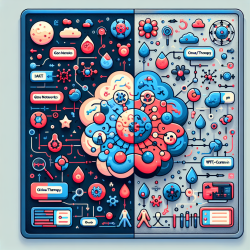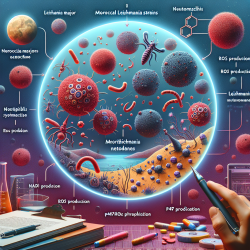Understanding Adjective Use in Clinical Trial Reporting
In the realm of clinical research, the language used to describe study findings plays a pivotal role in shaping perceptions of the efficacy and safety of interventions. A recent study titled "Use of Adjectives in Abstracts when Reporting Results of Randomized, Controlled Trials from Industry and Academia" sheds light on the differential use of adjectives in industry-authored versus non-industry-authored reports. This blog aims to help practitioners improve their skills by implementing the outcomes of this research or encouraging them to delve deeper into the subject.
Key Findings of the Research
The study analyzed a vast number of abstracts from randomized, controlled trials indexed in PubMed. It classified these abstracts based on the affiliation of the authors—either industry-authored or non-industry-authored (academia and government). The research revealed a distinct difference in the adjectives used by these two groups.
- Industry-authored reports frequently used adjectives such as "well tolerated" and "meaningful" in their titles or conclusions.
- Non-industry-authored reports were more likely to use adjectives like "feasible" and "successful."
The findings suggest that industry-authored reports might emphasize the positive aspects of interventions, potentially influencing readers' perceptions.
Implications for Practitioners
For practitioners, understanding these differences is crucial for several reasons:
- Critical Evaluation: Practitioners should critically evaluate the language used in clinical trial reports, especially when making decisions based on these findings.
- Awareness of Bias: Being aware of potential biases introduced by language can help practitioners make more informed decisions.
- Improved Reporting: Practitioners involved in research should strive for accurate and unbiased reporting, avoiding the overuse of adjectives that could mislead readers.
Encouraging Further Research
This study opens the door for further research into the impact of language on the interpretation of clinical trial results. Practitioners are encouraged to explore this area further, potentially contributing to the development of guidelines for more transparent and unbiased reporting.
Conclusion
The language used in clinical trial reporting is more than just a choice of words; it can significantly impact the interpretation of study findings. By being aware of the differences in adjective use between industry and non-industry authors, practitioners can enhance their critical evaluation skills and contribute to more transparent research practices.
To read the original research paper, please follow this link: Use of Adjectives in Abstracts when Reporting Results of Randomized, Controlled Trials from Industry and Academia.










